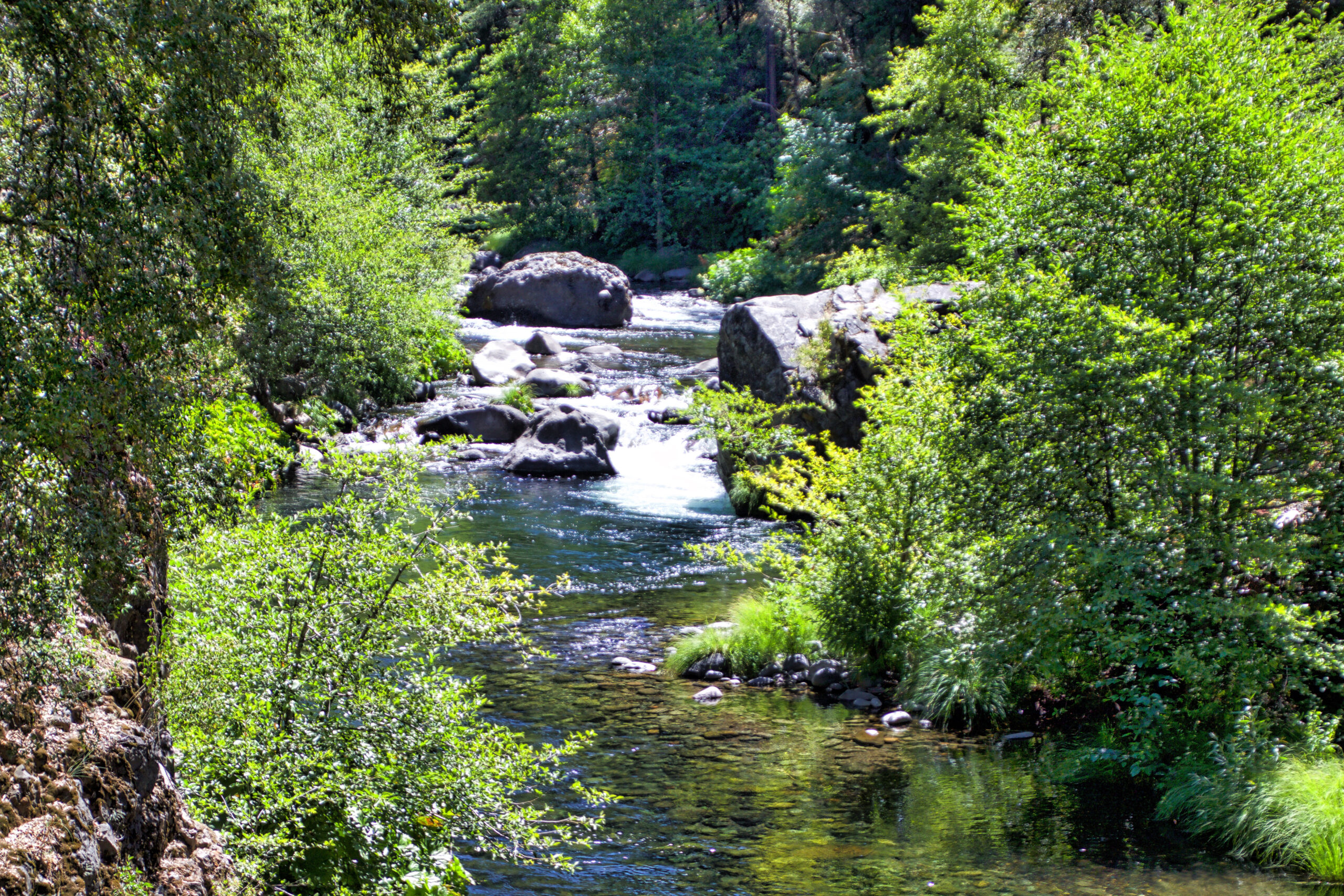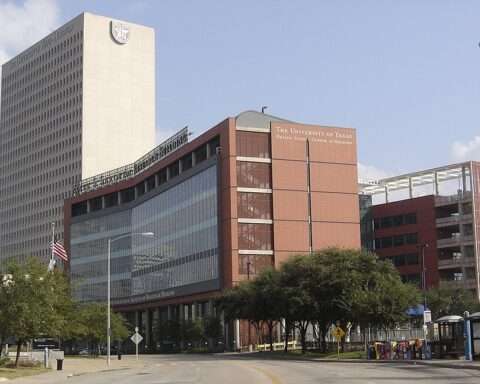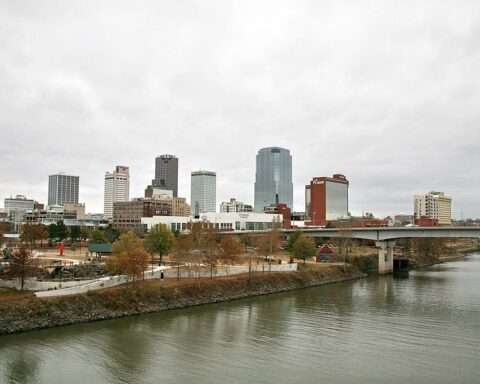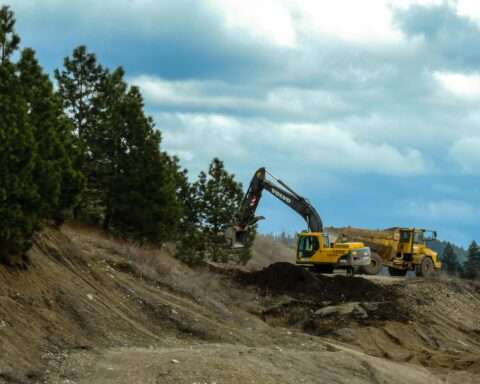California is looking to safeguard its watersheds, meadows and fish populations against environmental degradation. In an effort to restore these ecosystems, the California Department of Fish and Wildlife (CDFW) has announced $41 million in grants for projects across the state.
This funding focuses on wetland and meadow restoration, Southern California steelhead habitat improvement and mitigation of the negative impacts cannabis cultivation has had on watershed health.
California is known for its immense natural beauty, from the Sierra Nevada mountains to the Pacific ocean, but maintaining the health of the state’s diverse ecosystems requires a sustained investment. The latest efforts are part of a broader strategy of environmental protection and restoration being undertaken by the state and federal government.
At a time when climate change is threatening future water supplies, having healthy watersheds, wetlands and fish species also plays a crucial role in keeping the scarce water sources in California clean for generations to come.
The $41 million in funding comes from various sources, including state funding and federal funds through the Environmental Protection Agency’s Greenhouse Gas Reduction Fund. The CDFW’s Cannabis Program provides funding to mitigate the environmental impacts of cannabis cultivation on watersheds. Additionally, Proposition 68, a voter-approved bond measure, provides funds specifically for improving Southern California steelhead habitat.
The Fish Passage Construction on Trabuco Creek is one of the largest projects set to receive funding. With $9.3 million awarded to the nonprofit California Trout, the goal of the project is to restore access for endangered steelhead to migrate the creek by removing the last two man-made barriers that interrupt the water’s natural flow.
In a press release, Sandra Jacobson, director of the South Coast and Sierra regions for California Trout said the project would “permanently restore historic access to 15 miles of upstream trout habitat.”
Another significant project is the Wood Creek Phase III: Felt Ranch Off-Channel Rearing Habitat, which received $6.7 million. Awarded to Northcoast Regional Land Trust, this initiative will reroute Wood Creek from a roadside ditch back into a natural channel, rebuilding habitat for salmon and helping to manage flooding.
The Harvey Diversion Fish Passage Remediation Project, also managed by California Trout, was granted $6.9 million to mitigate the harm done by a 30-foot diversion dam with a failed fish passage on Santa Paula Creek. This project looks to improve the construction of the fish passage around the dam, restoring migration for Southern steelhead and enhancing the creek’s ecological health.
Cannabis cultivation in California has also affected watersheds. One project, the Streamflow Conservation Strategies for North Coast Timberlands, has received $3.3 million to mitigate the harm already caused. Managed by the nonprofit Trout Unlimited, the project seeks to reduce summer surface water withdrawals on high-priority salmon streams. It also involves resurfacing 114 miles of road and combating erosion.
In the Klamath Basin, $1.6 million will go towards restoring a habitat for spawning and rearing of coho salmon. Another $975,000, focuses on restoring wetlands surrounding Clear Lake and protecting the threatened Clear Lake Hitch. In Southern California, $1.5 million will be harnessed to restore vernal pools and coastal sage scrub habitats. With additional projects focused on meadow restoration, road improvements, and smarter grazing techniques of livestock, California is investing that $41 million into the environment.
Photo courtesy Pacific Southwest Region USFWS from Sacramento, US, Public domain, via Wikimedia Commons













